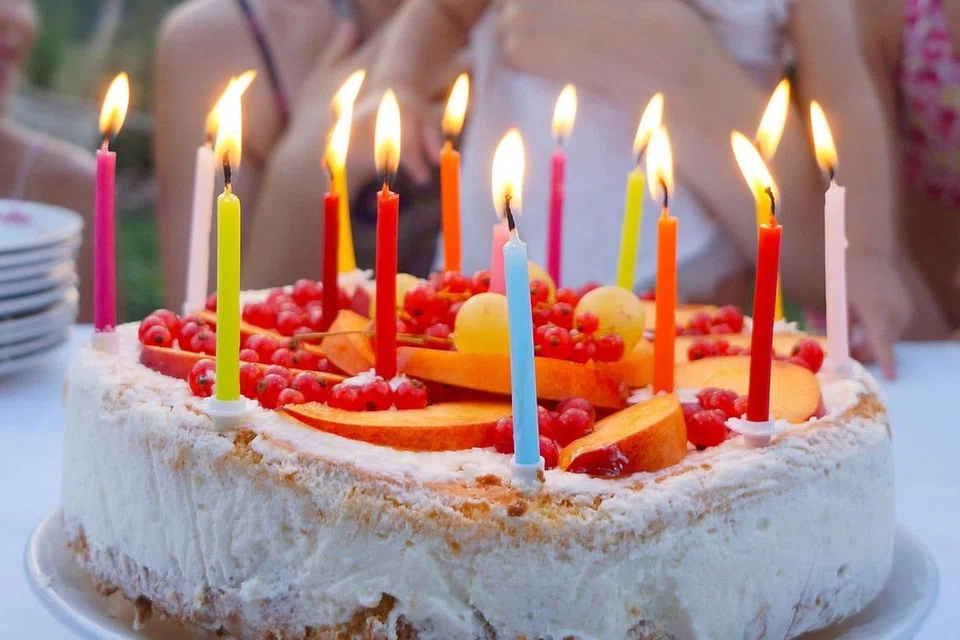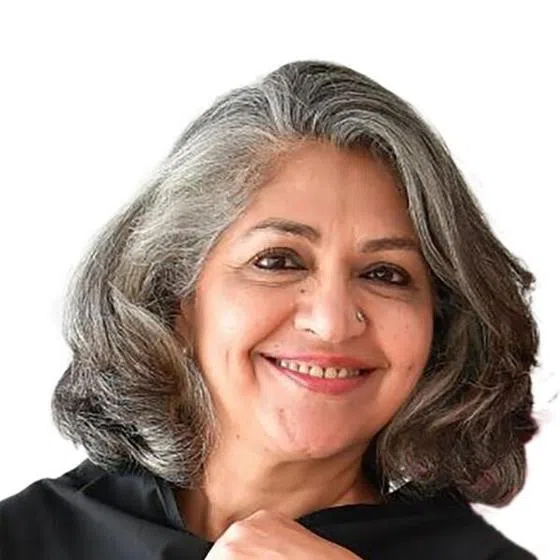I log into Facebook (FB) every day, so I don’t commit the crime of the century – failing to wish my friends “Happy Birthday”.
Birthday is a day filled with cake, candles and, thanks to social media, a flood of messages from people you might barely remember.
Why do we mark the day we were born as if we had achieved something spectacular when, really, our biggest contribution was arriving into the world screaming?
We have a love-hate relationship with birthdays. As kids, birthdays were pure magic – balloons, sugar highs and running around like headless chickens in superhero masks.
It’s a day when you feel like royalty, carefully selecting which friends are worthy of attending your party.
Then come the teenage years, when birthdays are less about cake and more about whether that cute guy you have a crush on will turn up for your party.
By the time you hit your 30s, birthdays become a psychological battle. You don’t want a big party, but also, if no one makes a fuss, you feel slightly offended. You tell people “it’s just another day”, but secretly hope someone organises a surprise celebration.
At 50 and beyond, the game changes. People start announcing their birthdays weeks in advance. Instead of hiding the number, they proudly declare: “Can you believe I’m turning 60? Still young at heart!” (And then expect everyone to comment: “No way! You don’t look a day over 45!”).
As we grow even older, they become something else entirely. Some look forward to them, others dread them, and a few pretend birthdays don’t matter in the continuum of time.
But here’s a thought – if FB didn’t remind people, would anyone remember birthdays? And does receiving 400 digital wishes make you feel more loved, or just slightly disappointed that it was still less than the 550 that Jayesh received? Does reading “HBD” from someone you are struggling to remember make you feel special? Or is it just an annual reminder of how many acquaintances you’ve collected over the years?
In the past, remembering someone’s special day meant the date was handwritten in your calendar. You found a card, wrote a personal message in your cursive handwriting and posted it, so it reached in time for the birthday.
I sometimes walked around for hours from shop to shop, reading Hallmark birthday cards to find the appropriate message inside.
Some of these cards received from spouses, children and special friends were then stashed away in a box to read and enjoy 20 years later.
Today, cryptic, highly abbreviated and emoji-ed digital greetings are buried in the cloud, never to be seen again.
Honestly, when I receive tons of messages on my FB for my birthday, I feel appreciated and loved, and I am convinced that those sending me messages really mean it, at least a teeny-weeny bit.
The next day I sheepishly thank the universe and all my friends about how blessed I am for the outpouring of birthday messages and receive another 50 wishing you a belated birthday.
As for the WhatsApp group messages, have you noticed how one caring person wishes you, and it is followed immediately by a cascade pings and greetings by everyone else like they all remembered within micro seconds of each other?
In fact, it’s like they don’t want to be seen as the one who hasn’t wished you, even if they’re on an icebreaker in Alaska without Wi-Fi.
Sometimes, I receive notifications from FB to wish those who have passed away. Crazy!
So, what’s the real test? Turn off your birthday notifications and see who still remembers. Warning: the results may be disappointing.
Do celebrating birthdays really make us happier?
As kids, birthdays are pure joy, but as we age, they become a time for reflection.
Some feel grateful, others anxious. The milestone birthdays – 30, 40, 50 – often come with existential questions: What have I achieved? Am I where I thought I’d be? Why is my back hurting for no reason?
And yet, despite the mixed emotions, we continue celebrating. Why? Because birthdays are one of the few traditions that let us feel special, even if just for a day.
They give us permission to pause, to reconnect, to be showered with attention (even if half of it is from people we last saw in 2011).
Whether you love them, hate them or pretend they don’t exist, birthdays remain a universal marker of time – a moment to acknowledge where you’ve been and where you’re going.
Final thought: If no one sang, would it still be your birthday?
At the end of the day, birthdays aren’t about the number of messages, the size of the party, or even the cake (though let’s be honest, the cake is important).
They’re about being remembered – not just because Facebook said so, but because someone, somewhere, genuinely cares that you exist.
And, if they don’t? Well, at least you don’t have to awkwardly stand around while people sing “Happy Birthday” to you.
Would you still celebrate your birthday if no one else did?
Maybe that’s the real question.


